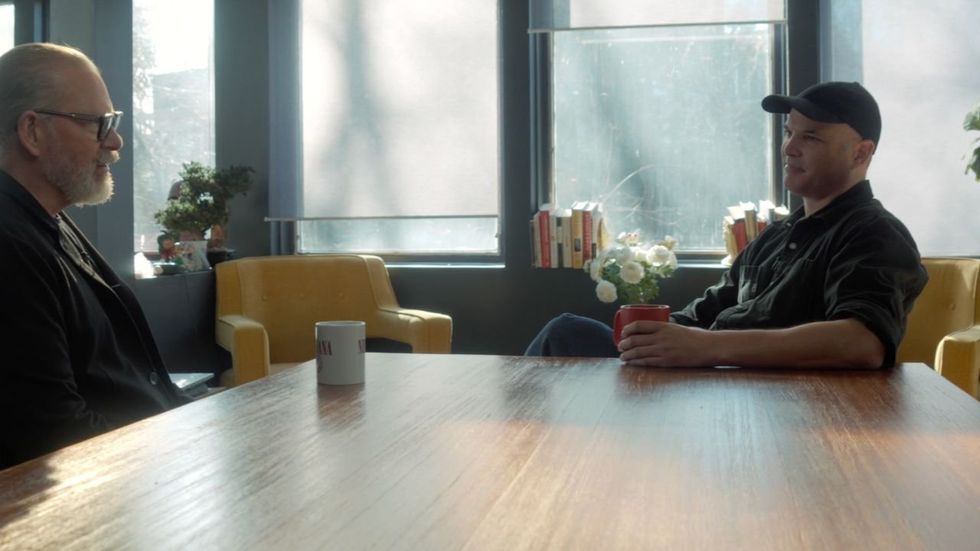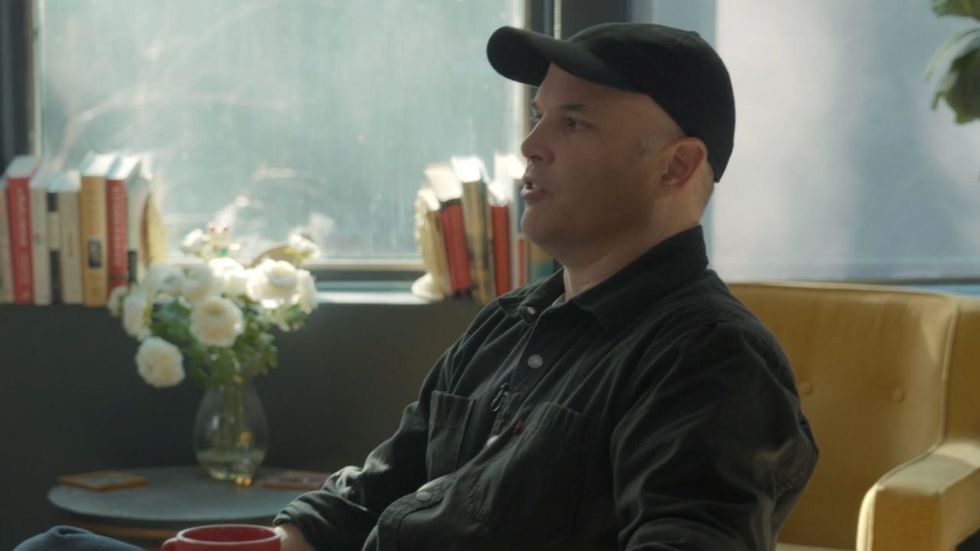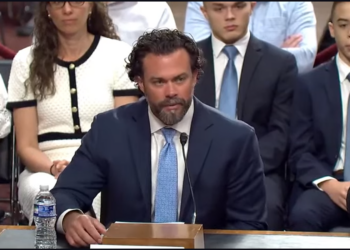On the latest episode of BlazeTV’s “The Coverup,” host Matt Kibbe and investigative journalist Matt Taibbi discuss the recent collapse of the corporate media, attributing it to the industry’s shift in coverage strategies in response to Donald Trump’s first presidential election.
During this time, the press moved in lockstep to promote the Russian collusion allegations against Trump, while simultaneously suppressing the Hunter Biden laptop story. Later, the corporate media also collaborated to stifle COVID-era lockdown skepticism and the lab leak theory.
‘You have people coming out of the National Security Council or the FBI, and they go right on air.’
Taibbi, one of the investigative journalists behind the Twitter Files, told Kibbe, “When Trump arrived, there was a belief that the old-school, objective form of journalism, where we tell you the stuff and you do what you want with it — that was the tradition for ages in America — that had to go out the window,” Taibbi told Kibbe. “Now, it was too important. Trump was too dangerous.”
Taibbi rejected this change, adding that “journalists should have distance from politics, even if we were opinionated.” Instead of working in competition with one another, journalists began operating “as a team,” he explained.
“It’s anathema to how journalism, I think, is supposed to work,” he continued. “I quickly found myself on the outs.”
Kibbe credited the Twitter Files for revealing that a nonprofit organization had been “groom[ing] reporters to sing from the same song sheet and suppress stories before they even happened.”
Taibbi stated that a group of the country’s most prominent national security reporters were invited in 2016 to “war game what would happen if a story about Hunter Biden and Burisma and a laptop came out.”
“This was months before the story came out,” Taibbi said, noting that the reporters agreed to participate in the event off the record.
RELATED: Matt Taibbi looking to make congresswoman pay big-time for repeating her smear online

Kibbe described some reporters as “useful idiots.”
“Maybe that’s not fair,” Kibbe said.
“No, I think it’s worse than that,” Taibbi remarked. “I think they’re essentially proxies for the national security apparatus.”
Taibbi stated that there are entire news organizations that have relationships with federal government agents, allowing for “a superhighway of information.”
“One is broadcasting PR for the other, and beyond that, they’re hiring people,” he continued. “You have people coming out of the National Security Council or the FBI, and they go right on air.”
Taibbi called it “a complete corruption and a complete breakdown of the system.” He explained how the media suppresses stories.
RELATED: The media’s misinformation machine is built to last — here’s why

“If you go to work in these big organizations, it’s not like anybody tells you, ‘Okay, don’t write this story, and do write that story,'” he said. “Over time, the values of the organization, they’re sort of suffused through the entire bureaucracy. And even at the very lowest level, as a cub reporter, you learn very quickly what your editors want and what they don’t want.”
“You just learn, ‘Well, this is what’s gonna get me promoted. This is what’s gonna get me a better gig.’ And you start writing those stories,” he added.
Taibbi noted that reporters with “difficult personalities wash out eventually.”
He concluded that the “corporate media is done now” because “they’ve now screwed up so many stories.”
“Even if they try to reorient themselves in the direction of journalism, they’re gonna have to start at square one. And they’re gonna be beaten out by all these independent sources that are already way ahead of them,” Taibbi said.
Blaze News asked Taibbi how he sees the evolution of America’s media landscape over the next decade, considering that corporate outlets are experiencing a significant credibility crisis.
“Obviously independent sources will benefit both from a trust standpoint and in terms of audience as the corporate press deals with fallout from mistakes and politicized coverage,” he responded.
“The U.S. has a long history of innovating new journalism forms, and I’m pretty confident something great will emerge. However, the new media landscape still hasn’t figured out how to monetize long-form investigative reporting, nor does it have the ability to fund full-time beat writers or foreign bureaus yet,” Taibbi stated. “So there are serious gaps.”
Like Blaze News? Bypass the censors, sign up for our newsletters, and get stories like this direct to your inbox. Sign up here!
















